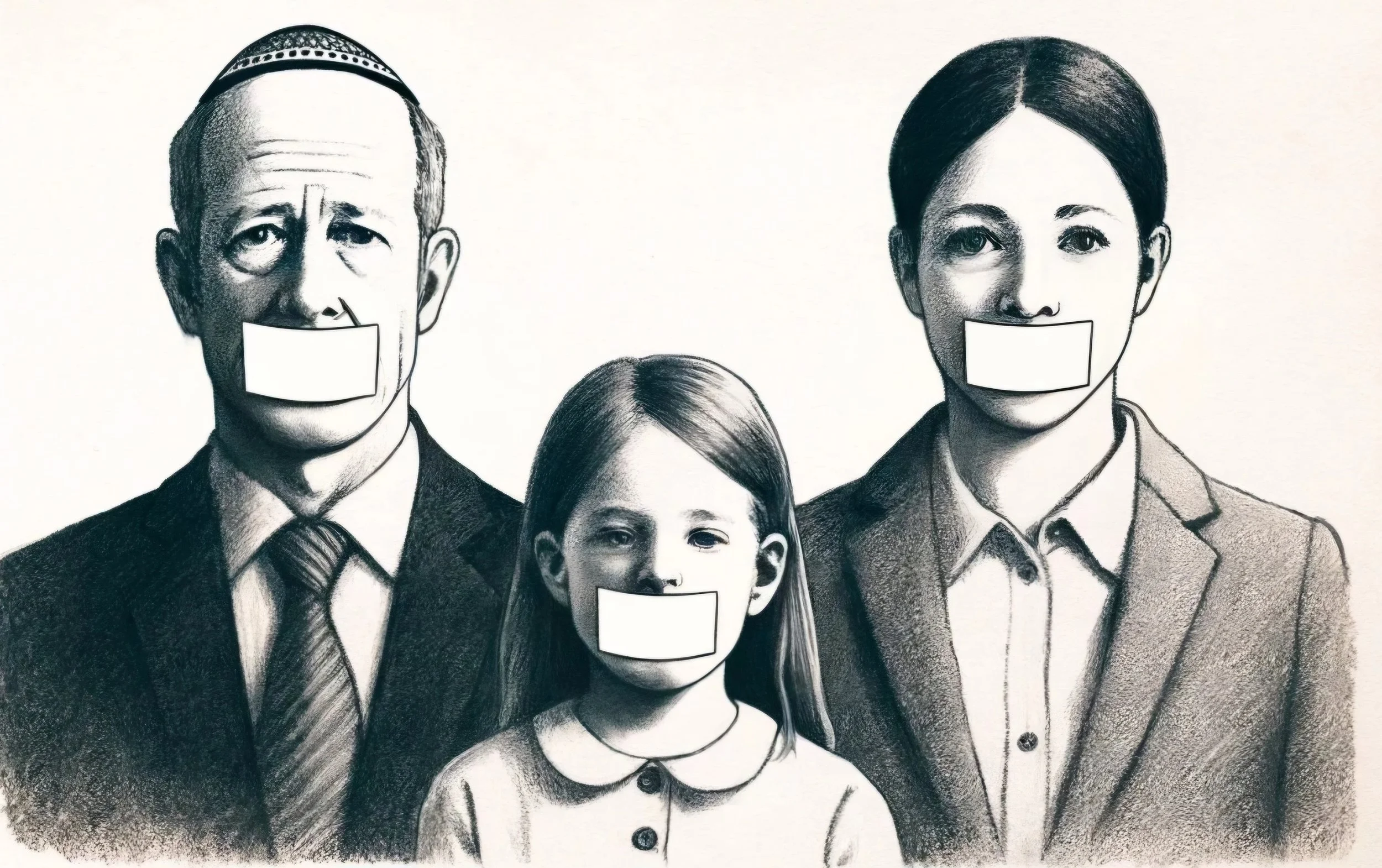The Chilling Effect of Political Violence on Our Community
Some months ago, I joined a cohort of community organizers from across Ohio. Our group is a “resiliency network”—a coalition dedicated to countering outbreaks of identity-based hate. In that group, we have reflected at length about the impact and meaning of political violence.
For Jews, better understanding this idea is essential to making sense of the precarious moment we face. It provides a category for experiences we have had which specifically try to deprive us of the safety needed to be full participants in our civil society.
Here’s how I would define political violence: the use or threat of behavior intended to sufficiently harm or harass a community or individuals so they can no longer participate in public life. Political violence is illiberal—people who engage in it don’t tolerate pluralism, instead seeking to silence anyone who does not agree with them.
This, in a nutshell, is what our community encounters all the time. A few (sadly relevant) examples:
Antisemitic literature, as we know, is constantly disseminated in our area—everything from flyers to banner drops. Usually, such speech is legal and protected. Regardless, it is destructive to our community. Its purpose is not to communicate ideas, but to terrorize. Those who share these materials don’t expect anyone reading their message to spontaneously radicalize—that’s not why they spread their hate. Instead, they do so knowing they will make Jews (and other targeted minorities) feel less safe engaging in public life.
Alternatively, consider the behavior of many anti-Israel demonstrators regularly at Cincinnati City Hall. The worst of them break rules of decorum week after week and aggressively harass anyone who disagrees with them, including members of City Council. The effect of their behavior is that anyone who does not oppose Israel is made to feel unsafe and unwelcome in what is meant to be a shared, public space. Due to their behavior, for many Jews, City Hall can’t feel like a safe setting—not for fear of a pluralistic, liberal disagreement, but because illiberal voices have claimed the space, harnessing political violence to push Jews out.
This month, too, there’s a painfully acute example of how this behavior harms our community. Already on June 2, the second day of Pride Month, members of Cincinnati Socialists were openly distributing pamphlets at NKY Pride titled “Netanyahu’s Final Solution.” Once expelled from that event by the festival’s organizers, they turned their ire on members of the Jewish community for having any connection with Israel—something nearly all Jews do. Summoning hordes of followers to harass these Jews, they also more generally sought to ensure that anyone whom they labeled associated with Zionism (i.e., almost any Jew) not be publicly affiliated with Cincinnati Pride. Here, the inclination toward political violence was hardly veiled: As they and others wrote about “the Zionist enemy” (referring to Israel), their peers and followers commented calling for “Zionism out of our queer spaces” and referring to “Zionist jackals.” Predictably, threats and harassment followed, and—again—the result is that Jews have been pressured to leave another ostensibly shared, public space. (The Jewish Federation of Cincinnati and JCRC’s full statement on this matter is available here.)
I wish I could say I had a prescription for solving this problem, but I certainly don’t, because there is no single solution. Especially in cases like this, political violence is hard to counter. At the very least, though, we might take some instruction from research into the topic—particularly, regarding what Jonathan Leader Maynard calls the “destruction of alternatives.” One lesson researchers of radicalism and political violence have learned is that extremists seek to convince others to support their behavior by suggesting there is no other way except for political violence to resolve our societal differences. As those of us who believe in pluralism know this is simply not true; there are a great many ways a society can be steered toward a better future.
Rebutting the destruction of alternatives is hardly a panacea, but it’s one of the best tactics we have. We can start this work within our own circles, encouraging our allies to seek solutions without resorting to anti-democratic, illiberal thinking. And, at the same time, we can keep pressing those with whom we have disagreements to show up at the table and seek dialogue and compromise rather than chaos.

